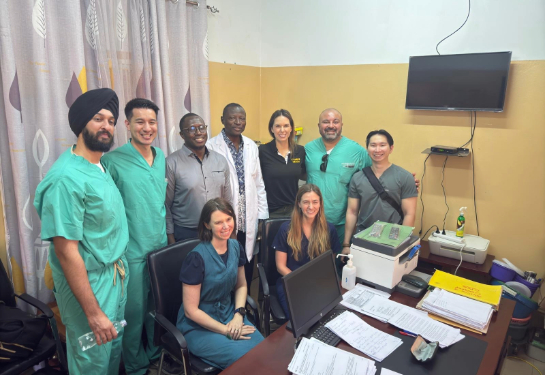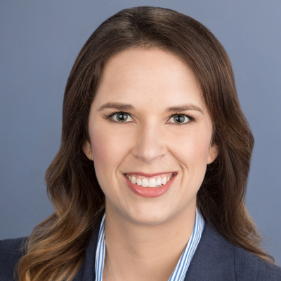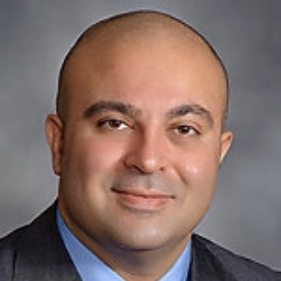UC Davis Health physicians unite to boost health care in West Africa
Multidisciplinary team trains local health care professionals for abdominal, respiratory and cardiac conditions
For the sixth year in a row, UC Davis Health radiology and emergency medicine physicians visited The Gambia to provide two weeks of classroom and hands-on training to local doctors.
The initiative aims to enhance the diagnostic capabilities of health care providers in the West African country and improve access to care. This year's program focused on the care of the abdomen and on cardiac and lung pathology.
“Returning to The Gambia to work with such dedicated health professionals was a privilege,” said Christine McBeth, assistant professor of emergency medicine at UC Davis Health and course director of the training program. “Our goal was to educate and train local physicians in new tools to care for acutely ill patients with abdominal, respiratory and cardiac conditions beyond our visit.”
“We believe in building the next generation of physicians who need to be globally competent not just for doing good work and helping other communities, but for giving them experience in cultural competency that they can use to help our diverse group of patients in Sacramento.”—Christine McBeth
Providing opportunities for residents to grow
Many residents and fellows struggle with work-life balance and burnout.
The 6,000-mile trip to The Gambia helped radiology resident Ryan Lim reconnect with his purpose in medicine.
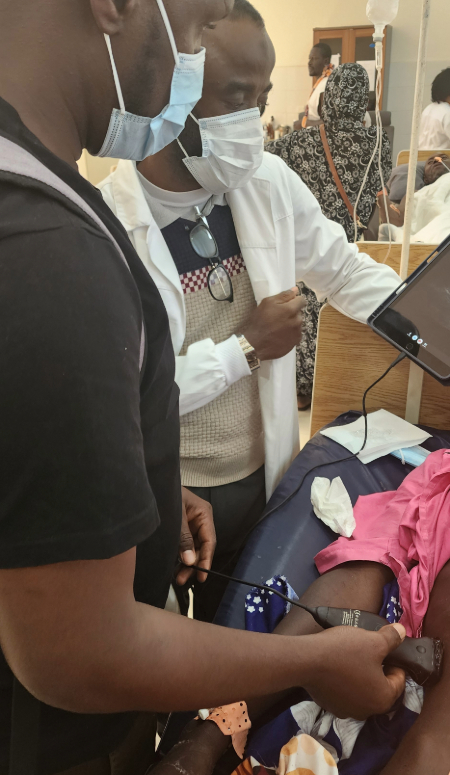
“It was great to be exposed to another health system, particularly one that is lower resourced,” shared Lim. “Seeing that doctors there had to do everything themselves reminded me that there were a lot of skills that I wasn’t developing. It was a great reminder that I needed to continue to look for more ways to grow myself.”
The work he and his fellow radiology residents Andrew Nelson and Harjot Virka, as well as emergency medicine global health fellow Juliette Gerardo, did in The Gambia is not something they will soon forget.
“The biggest takeaway for me from the trip was a sense of empowerment,” Lim added. “Many of us come into residency feeling like we do not know much — but, knowing I was at a point in my training to educate fellow physicians and contribute to something meaningful reminded me of the impact I can have in this profession.”
“We believe in building the next generation of physicians who need to be globally competent not just for doing good work and helping other communities, but for giving them experience in cultural competency that they can use to help our diverse group of patients in Sacramento,” shared McBeth. “Having this kind of exposure and education only makes them stronger doctors.”
Bringing home needed skills
Residents were not the only doctors on the trip to learn and grow. Among the other attendees was Maud M. Morshedi, associate professor and director of global health for radiology.
“There’s such a reliance in the United States on technology and specialized equipment,” he shared. “In The Gambia they are masters at making do with what they have, and it was a good reminder to see how medicine can work in a low-resource setting.”
Morshedi and his fellow attendings on the trip also took lessons from local physicians on many diseases not seen often in the United States.
“Disease does not stop at a country's border.” —Maud M. Morshedi
“Disease does not stop at a country's border,” explained Morshedi. “Unfortunately, in recent years we have seen many diseases return to the U.S. that we have not seen in years. We are needing to learn how to treat these diseases again.”
Within the last few years, the United States has seen outbreaks of Mpox, measles, bird flu, Ebola virus and malaria, according to the American Academy of Family Physicians.
“When visiting places like The Gambia, they are experts in treating many of these diseases,” added Morshedi. “During our visit, I learned so much from them about the treatment presentation, physical exams and ultrasound findings for many of these conditions.”
Creating a self-sufficient health system abroad
The Gambia is one of the smallest countries in continental Africa.
While it has made substantial strides in health care access and delivery, it still has a shortage of health care providers. A report from the World Health Organization (WHO) stated that the country has 1.33 skilled health care workers for every 1,000 people, short of the WHO benchmark.
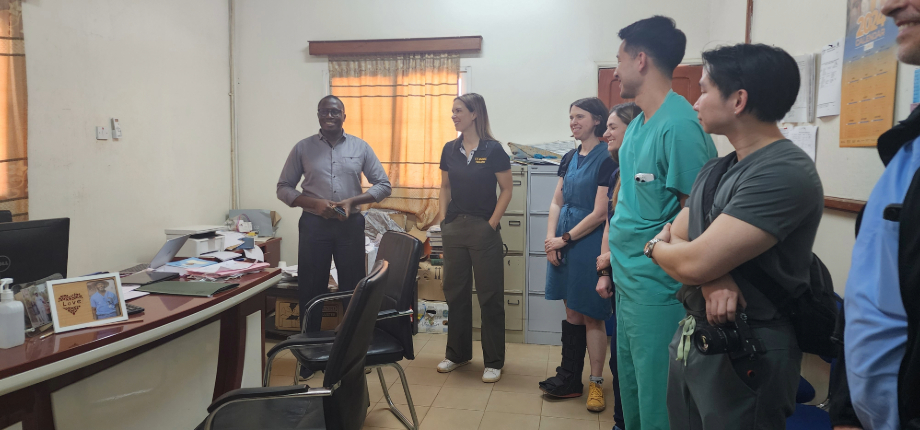
“Our focus with this training is to build longitudinal programs that can really improve patient care,” explained McBeth. “Enabling local health care providers to improve the level of care in The Gambia will help create a self-sufficient health system that can only help the country thrive.”
Upcoming grand rounds
To share more details on the work being done in The Gambia, Lamin Jaiteh, a partner with the UC Davis Health team and an attending general surgeon and surgical oncology fellow at Edward Frances Small Teaching Hospital, will be in Sacramento for a Grand Rounds on May 1 at the Medical Education Building, room 1204.
Jaiteh will share about the efforts being done to build sustainable emergency and surgical capacity in low-resource settings, highlighting the impact of innovation and collaboration in transforming the health care system in The Gambia.
Following his talk, McBeth and her team will share about UC Davis Health’s ongoing efforts in The Gambia. RSVP for the lecture, lunch and panel discussion.

